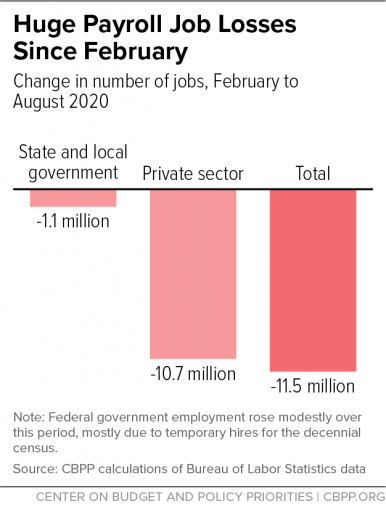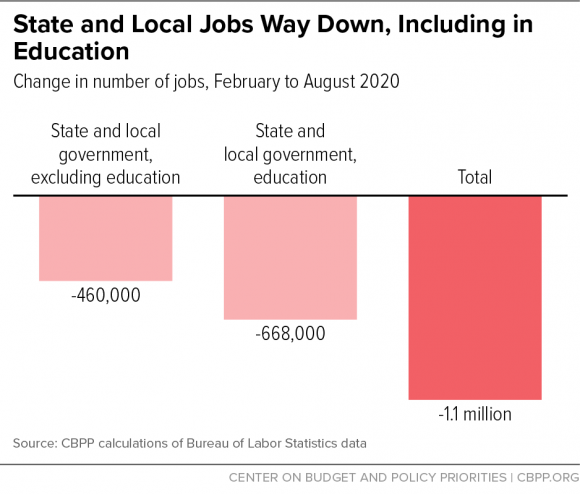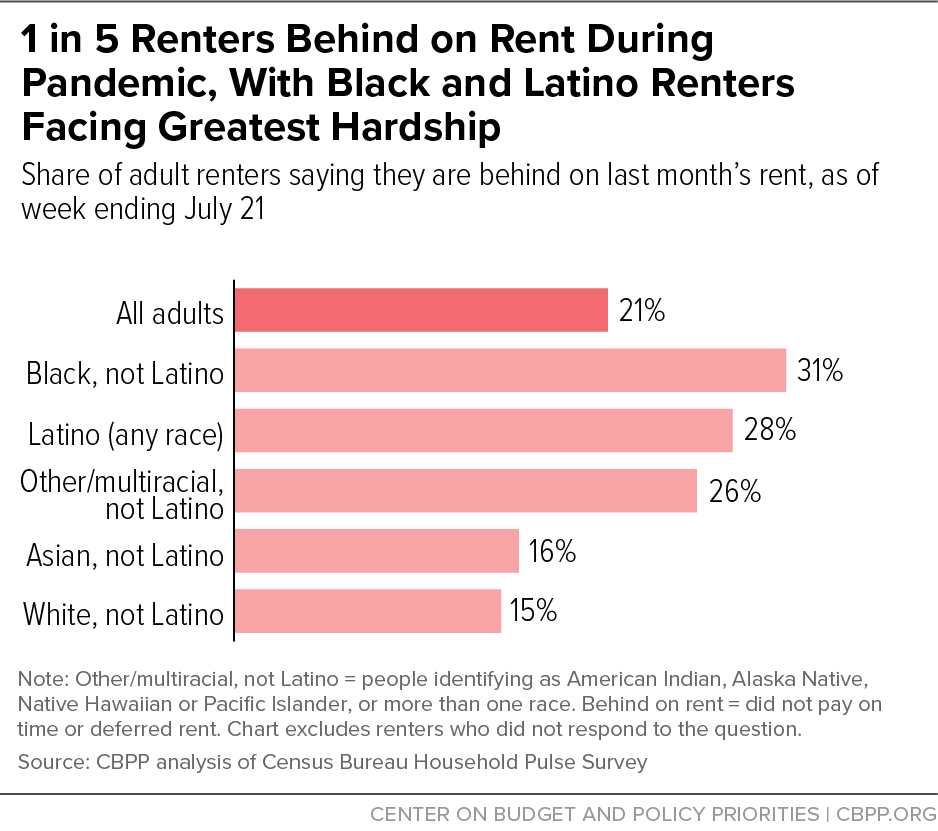Alert: long thread ahead on the increased demand for #UnemploymentInsurance (UI) in the wake of #COVID19.
The Department of Labor yesterday reported that -- last week -- initial unemployment insurance claims jumped 33% over the previous week, from 211,000 to 281,000. And that was before states started reporting massive increases (which started this week). dol.gov/ui/data.pdf
No official data for this week are available yet, making any projections speculative, but Goldman Sachs projects UI claims will jump from 281,000 last week to an astonishing 2,250,000 this week.
Reports from states from this week do in fact indicate an astonishing surge in UI claims. Here are some examples from news articles...
#Connecticut, which typically receives 3,000 to 3,500 new claims per week, received 30,000 claims between Saturday, March 14 and Tuesday, March 17.
The state’s deputy labor commissioner, who’s been with the department for nearly three decades, said, “I’ve never seen anything like this. It’s unbelievable.” courant.com/business/hc-bi…
According to @clevelanddotcom, #Ohio “...received 111,055 unemployment benefits applications from Sunday through Wednesday, a massive increase over the 3,955 received over the same four-day period the previous week.” cleveland.com/coronavirus/20…
@clevelanddotcom In #Oregon, claims jumped from 800 on Sunday to 18,500 on Tuesday. kgw.com/article/money/…
@clevelanddotcom #NewYork state received three times the number of applications by noon on Monday, March 16 than it received the prior Monday. nytimes.com/2020/03/16/nyr…
@clevelanddotcom More than 5,000 Marylanders filed for unemployment on one day – enough to briefly shut down access to website. baltimoresun.com/coronavirus/bs…
@clevelanddotcom Claims in #Michigan are five and a half times the normal amount for this time of year. clickondetroit.com/news/local/202…
@clevelanddotcom Michigan’s governor took several steps to expand UI rules in the state to allow more people to access the program, including allowing people who must stay home to care for children who are out of school. abc57.com/news/michigan-…
@clevelanddotcom She also raised the maximum number of weeks jobless workers may receive UI, from 20 to 26. That’s important. #Michigan and eight other states cut the max weeks after the last recession. 26 weeks had been the standard for decades.
@clevelanddotcom That’s partly why those states have UI programs that are barely functioning, with only about *one in 10* jobless workers receiving benefits.
@clevelanddotcom All states should go back to 26 weeks, and also immediately expand access to UI to people who can’t work because they’re caring for a sick family member.
@clevelanddotcom States should also allow part-time workers to receive UI without requiring them to work for full-time work (as some states do.)
@clevelanddotcom These are long overdue reforms. Maybe now, when the crucial importance of UI is especially evident, states will finally do the right thing.
@clevelanddotcom Please keep your eyes here for more information on how #UnemploymentInsurance can be improved. And you can check out our explainer on the basics here: cbpp.org/research/econo… FIN
@clevelanddotcom Important addendum: the Senate Republican bill offers nothing to improve UI as outlined above.
FIN 2.0
FIN 2.0

• • •
Missing some Tweet in this thread? You can try to
force a refresh












